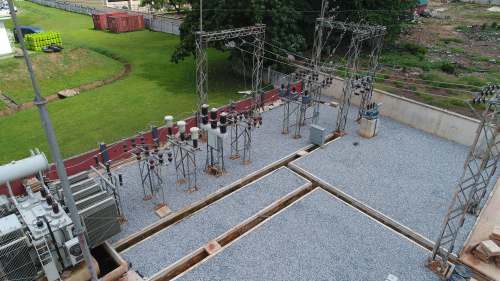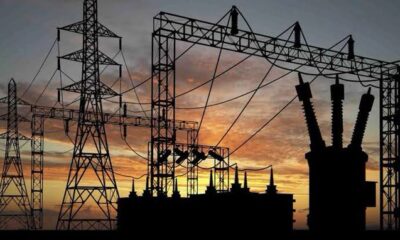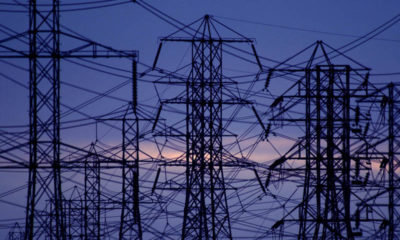The stark contrast in power generation between Nigeria’s national grid and Dangote Refinery has come into sharp focus as Dangote Refinery generates twice the national power production.
Over the past eleven years, Nigeria has managed to add a mere 760 megawatts (MW) to its national grid, while the Dangote Refinery has outpaced this growth significantly with 1,500 MW in a much shorter timeframe.
For decades, Nigeria has grappled with chronic power shortages, an issue that has repeatedly dominated election campaigns and policy debates.
Data from the Nigeria Electricity System Operator revealed that power delivery from Generation Companies (Gencos) to Distribution Companies (Discos) via the Transmission Company of Nigeria (TCN) has seen only a modest increase.
From an average of 3,400 MW in November 2013, it has risen to 4,160 MW as of June 12, 2024, marking a 22 percent increase.
In stark contrast, the Dangote Refinery, which began construction in 2018, now produces 1,500 MW of power for its operations.
This significant output not only surpasses the national grid’s decade-long expansion but also emphasizes the private sector’s ability to address Nigeria’s power challenges more efficiently.
“We don’t put pressure on the grid. We produce about 1,500 megawatts of power for self-consumption,” stated Aliko Dangote at the Afreximbank Annual Meetings and AfriCaribbean Trade & Investment Forum in Nassau, The Bahamas.
This development underscores concerns regarding the slow pace of growth in Nigeria’s power sector despite substantial investments and an 11-year-old privatisation effort.
“The government and some operators in the sector may claim there has been some form of growth since 2013, but in actual terms, how many people are benefiting from the privatised power sector?” questioned Charles Akinbobola, a senior energy analyst at Sofidam Capital.
He added, “The challenge of the power sector has not entirely been the scarcity of funds. Several trillions of naira have been pumped into that industry. The sector has been plagued by the shortcomings of its managers.”
Comparatively, Nigeria’s power production capacity of 13,000 MW falls significantly short of South Africa’s 58,095 MW, despite having a similar-sized economy and a quarter of Nigeria’s population.
The ageing national grid, however, delivers only about 4,000 MW to over 200 million citizens—roughly the power consumption of Edinburgh’s 548,000 residents.
Other African nations have made more significant strides in addressing their power needs.
Egypt, for instance, added 28,229 MW to its national grid between December 2015 and December 2018, achieving a total installed capacity of 58,818 MW.
This was accomplished through a fast-track project and a substantial partnership with Siemens, adding 14,400 MW in just 2.5 years.
The sluggish growth of Nigeria’s power sector is not just a technical issue but a significant economic one. Rising energy costs and unreliable power supply have disrupted productive activities, forcing many factories to self-generate more than 14,000 MW of electricity.
According to the Manufacturers Association of Nigeria, member companies spent N639 billion on alternative energy sources between 2014 and 2021, further highlighting the inefficiencies within the public power supply system.
“The power sector’s inefficiencies cost consumers billions of naira and stifle economic growth,” noted Muda Yusuf, CEO of the Centre for the Promotion of Private Enterprise. “There are issues of technical and commercial losses which are yet to be addressed. These inefficiencies are costs that consumers are compelled or expected to pay for as part of the cost recovery argument.”
The stark contrast in power generation between the Dangote Refinery and the national grid serves as a wake-up call for Nigeria’s power sector.
It underscores the urgent need for comprehensive reforms, better management, and increased investment to meet the growing energy demands of the nation’s burgeoning population.

 Education4 weeks ago
Education4 weeks ago


 News3 weeks ago
News3 weeks ago


 Business3 weeks ago
Business3 weeks ago


 Technology3 weeks ago
Technology3 weeks ago


 Investment4 weeks ago
Investment4 weeks ago
 Investment3 weeks ago
Investment3 weeks ago
 Telecommunications4 weeks ago
Telecommunications4 weeks ago


 Banking Sector3 weeks ago
Banking Sector3 weeks ago

















